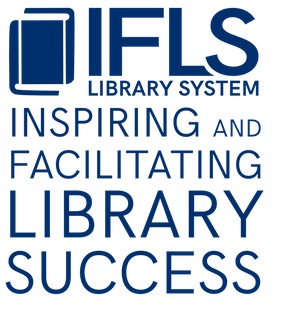 |
| from Pixabay |
I’m still reeling from the terrific Power Up conference I attended last week, but then I had the chance to attend the Eau Claire B.R.A.I.N. Team Annual Conference yesterday, and I’m blown away again!
One of the speakers, Mark Sweet, is a trainer and consultant for Disability Rights Wisconsin. He spoke for hours, and I could have listened for several more! Look for more on THIS, too, but I thought I’d share just a few useful points he made:
- You will do no harm by assuming the possibility that everyone you meet may have experienced trauma.
- You don’t have to understand the particulars of people’s past experiences in order to notice that they are possibly feeling unsafe, and to make adjustments to your own behavior to accommodate them.
- How we think and talk about people has an immediate affect on the way we interact with them. This is relevant when we are talking about people with disabilities, but also when we are talking about anyone!
- If we teach children or people with disabilities to do everything they are told to do without question, we make them more vulnerable to abuse. Our culture has a bias toward compliance that can be problematic at times.
- All of this does not mean that anything goes–but it does mean that we need to look at how we do things, and consider things from the point of view of the people we are trying to support.
